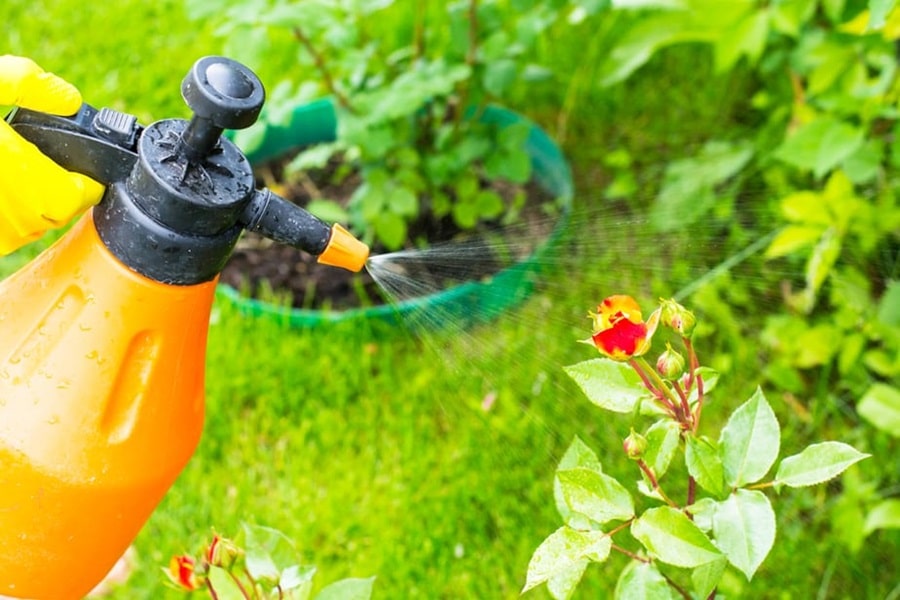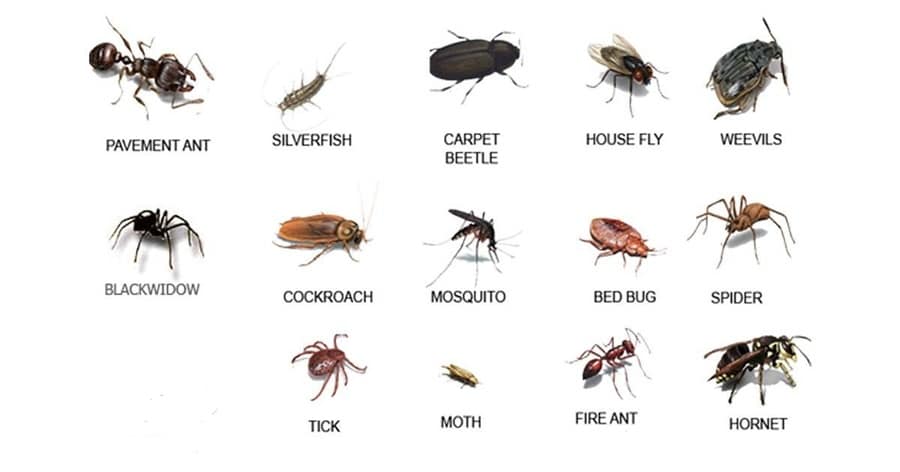Mosquito bites are a universal problem, inflicting itchiness, redness, and general discomfort upon people of all ages. They’re not just a summer nuisance; for some, they can trigger more severe allergic reactions or even transmit diseases. Given the far-reaching implications of mosquito bites, it’s crucial to understand how to deal with them effectively. This article aims to cover everything one needs to know about alleviating the itch and preventing future bites. Readers will find insights into why mosquito bites itch, immediate and long-term solutions, prevention methods, and the latest technologies for relief.
Contents
Why Do Mosquito Bites Itch?

When a mosquito bites, it injects saliva into the human skin to facilitate blood-sucking. The saliva contains proteins that trigger an immune response, causing redness and itching. Understanding this biological interaction can explain why some remedies are more effective.
Many people believe that it’s the mosquito’s bite itself that causes the itch. In reality, the body’s immune response to the proteins in the mosquito’s saliva results in itching and swelling. Dispelling this misconception can help people target the root cause effectively rather than just the symptoms.
The Immediate Solutions

Immediate relief from mosquito bites often involves over-the-counter remedies. One of the most effective immediate solutions is applying a cold compress to the affected area. The cold temperature can numb the skin and constrict blood vessels, reducing itchiness and swelling.
Anti-itch creams such as hydrocortisone or calamine lotion are also popular choices. These creams contain ingredients that counteract the chemicals released during the body’s immune response. Additionally, oral antihistamines like Benadryl can offer relief by blocking the histamines that cause itching. However, they may induce drowsiness and are not suitable for everyone.
Home Remedies Worth Trying

For those interested in natural solutions, several home remedies can be effective. Aloe Vera is a popular choice, offering both anti-inflammatory and antibacterial properties. The gel cools the skin, reducing itching and speeding up healing.
Apple cider vinegar has been touted for its many health benefits, including relief from mosquito bites. Its natural acidity helps to neutralize the itch, but users should dilute it with water to avoid skin irritation. Tea tree oil is another option, renowned for its antiseptic and anti-inflammatory properties, but it should be used cautiously, as it can cause skin irritation in some people.
What Not to Do

Scratching a mosquito bite may offer momentary relief but can worsen the itch and lead to infection. The skin under the nails is a breeding ground for bacteria, which can be transferred to the open wound, complicating the situation further.
Using heat to alleviate itchiness is another common mistake. While it might seem counterintuitive, heat can exacerbate the problem by causing the histamines to disperse more rapidly, increasing inflammation and redness. Another misguided remedy includes applying substances like alcohol or nail polish, which can irritate the skin and prolong healing.
Prevention is Better Than Cure

Ward off mosquitoes before they bite. Insect repellents containing DEET or picaridin are often recommended for this purpose. Spraying repellents on clothes rather than directly on the skin can also offer extended protection.
Dressing appropriately can make a significant difference in mosquito-prone areas. Long sleeves, pants, and socks can be physical barriers against bites. Natural prevention methods like using citronella candles or planting mosquito-repellent plants like lavender and marigolds are also effective, albeit to a lesser extent than chemical repellents.
Long-Term Relief and Treatment Options

If mosquito bites cause severe reactions or show signs of infection, it’s important to consult a healthcare provider. Doctors may recommend prescription antihistamines or even allergy shots for those with strong allergic reactions to mosquito bites.
Infections arising from mosquito bites, such as cellulitis, require medical intervention. Antibiotics are generally prescribed in such cases. Individuals should be vigilant and seek medical advice if symptoms like excessive swelling, pus, or prolonged pain occur.
Misconceptions About Mosquito Bites

Contrary to popular belief, not all mosquitoes transmit diseases. While some species are vectors for illnesses like malaria and dengue, many are nuisances. Educating oneself on the different types of mosquitoes can help understand the risks involved.
Another misconception is that mosquitoes only bite during the night. While some species are more active during the evening, others may bite at any time of the day. The myth that bigger mosquitoes cause itchier bites is also debunked; the size of the mosquito has little correlation with the severity of the bite.
Latest Technologies and Products for Relief
Emerging technologies offer new avenues for mosquito bite relief. Electronic repellents, for instance, use ultrasonic frequencies to deter mosquitoes. However, the effectiveness of these devices is still under scrutiny.
On the medicinal front, new formulations of antihistamines are being developed that offer relief without causing drowsiness. Likewise, advances in topical treatments provide more effective and faster relief than traditional methods, helping people cope better with the discomfort associated with mosquito bites.
The Bottom Line
Mosquito bites are more than an itchy inconvenience; they can lead to more severe health problems if not managed effectively. Knowledge is the key to relief, from understanding why bites itch to knowing how to treat them and prevent future ones. While over-the-counter and home remedies can be effective for immediate relief, prevention methods, and long-term treatment options should not be overlooked. With emerging technologies offering promising new solutions, the future looks bright for those seeking respite from the age-old problem of mosquito bites.



